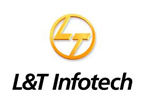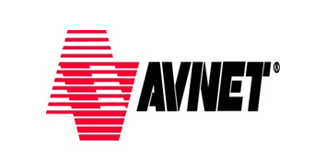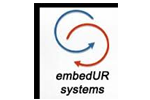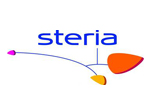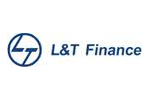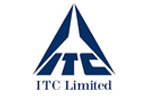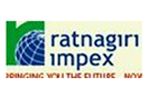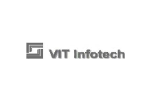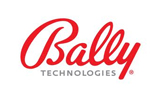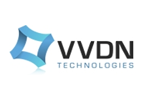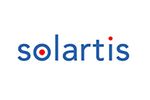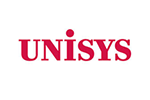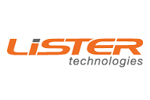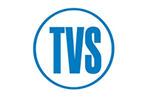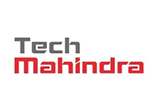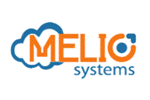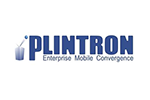About the Department
The Department of Electrical and Electronics Engineering offers NBA accredited B.E. degree program in Electrical and Electronics Engineering. The EEE Department is highly esteemed by 24 University Ranks with successful graduation of 93%. The EEE department facilitates Training and Placement programmes in latest technology and provides every year 85% of placement in Private and Public sector companies. We have good faculty strength producing 100% in many subjects in every semester.
The EEE Department is equipped with Research Laboratories(National Instruments Labview Automation, CDCE Automation Lab, Renewable Energy Lab) and Distinctive laboratories like Electrical Machines I and II, Power Electronics, Control and Instrumentation, Power Electronics, Power System with licensed software like Lab view, Matlab, Pspice, PSim, E-Tab, Magnet Maxwell, Ansoft, etc. We feel very proud that our college secured 2nd rank in Tamil Nadu. Our Department has been given best Engineering Educators by Staffordshire University.
Pupils of EEE department are placed in private and public sector such as ABB, L&T, SCHNEIDER ELECTRIC, SIEMENS, NTPC, NHPC, BHEL, NCL. The Department facilitates the pupils to participate in Civil service, Engineering services and Competitive exams. Higher studies awareness programme is conducted to pursue their Post Graduate courses(M.E/M.Tech/M.S) in IIT, NIT and Abroad.
Industry training is given by preparing the students for Certified Labview Associate Developer Exam By National Instruments(NI) Labview Academy. Value added programme such as Advanced Raspery pi with Thick India is exclusively conducted by EEE Department for every semester. Advanced Real time projects are given to students with the support of Renewable Energy Research Centre and CDCE Automation Lab.
Research projects funded by the external agencies like DST, CVRDE are carried out in our Department. International and National Conferences, Seminars, FDP and Workshops funded by the college and external agencies like AICTE, IET, ISTE are constantly organized by our Department ever year. Faculty Members and Students are provoked to publish for Patents and publications such as Scopus, Web of Science every year.
Vision of the Department
- To produce highly competent Electrical Engineers and Researchers to fulfil the technological needs of society through innovation and product development
Mission of Department
- M – 1 : To educate graduates with fundamental principles to acquire advanced technical knowledge in domains of Electrical and Electronics Engineering
- M – 2 : To provide a progressive environment for innovative creations and rigorous practical training through creative activities in conventional and thrust areas of Electrical and Electronics Engineering.
- M – 3 : To inculcate Societal and Ethical values among the faculties and students.
Program Educational Objectives (PEOs)
- PEO – 1 : Graduates of the program will have successful technical and professional career.
- PEO – 2 : Graduates of the program will reveal life-long learning to enhance technical skills and Managerial skills.
- PEO – 3 : Graduates of the program will undertake societal responsibilities with ethical practice.
Programme Specific Outcomes (PSOs)
- Foundation of Electrical Engineering: Ability to understand the principles and working of electrical components, circuits, systems and control that are forming a part of power generation, transmission, distribution, utilization, conservation and energy saving. Students can assess the power management, auditing, crisis and energy saving aspects.
- Foundation of Mathematical Concepts: Ability to apply mathematical methodologies to solve problems related with electrical engineering using appropriate engineering tools and algorithms.
- Computing and Research Ability: Ability to use knowledge in various domains to identify research gaps and hence to provide solution which leads to new ideas and innovations.
Engineering Graduates will be able to:
- Engineering knowledge: Apply the knowledge of mathematics, science, engineering fundamentals, and an engineering specialization to the solution of complex engineering problems.
- Problem analysis: Identify, formulate, review research literature, and analyze complex engineering problems reaching substantiated conclusions using first principles of mathematics, natural sciences, and engineering sciences.
- Design/development of solutions: Design solutions for complex engineering problems and design system components or processes that meet the specified needs with appropriate consideration for the public health and safety, and the cultural, societal, and environmental considerations.
- Conduct investigations of complex problems: Use research-based knowledge and research methods including design of experiments, analysis and interpretation of data, and synthesis of the information to provide valid conclusions.
- Modern tool usage: Create, select, and apply appropriate techniques, resources, and modern engineering and IT tools including prediction and modeling to complex engineering activities with an understanding of the limitations.
- The engineer and society: Apply reasoning informed by the contextual knowledge to assess societal, health, safety, legal and cultural issues and the consequent responsibilities relevant to the professional engineering practice.
- Environment and sustainability: Understand the impact of the professional engineering solutions in societal and environmental contexts, and demonstrate the knowledge of, and need for sustainable development.
- Ethics: Apply ethical principles and commit to professional ethics and responsibilities and norms of the engineering practice.
- Individual and team work: Function effectively as an individual, and as a member or leader in diverse teams, and in multidisciplinary settings.
- Communication: Communicate effectively on complex engineering activities with the engineering community and with society at large, such as, being able to comprehend and write effective reports and design documentation, make effective presentations, and give and receive clear instructions.
- Project management and finance: Demonstrate knowledge and understanding of the engineering and management principles and apply these to one’s own work, as a member and leader in a team, to manage projects and in multidisciplinary environments.
- Life-long learning: Recognize the need for, and have the preparation and ability to engage independent and life-long learning in the broadest context of technological change.











